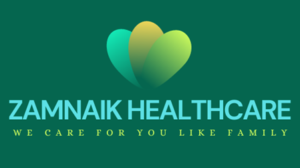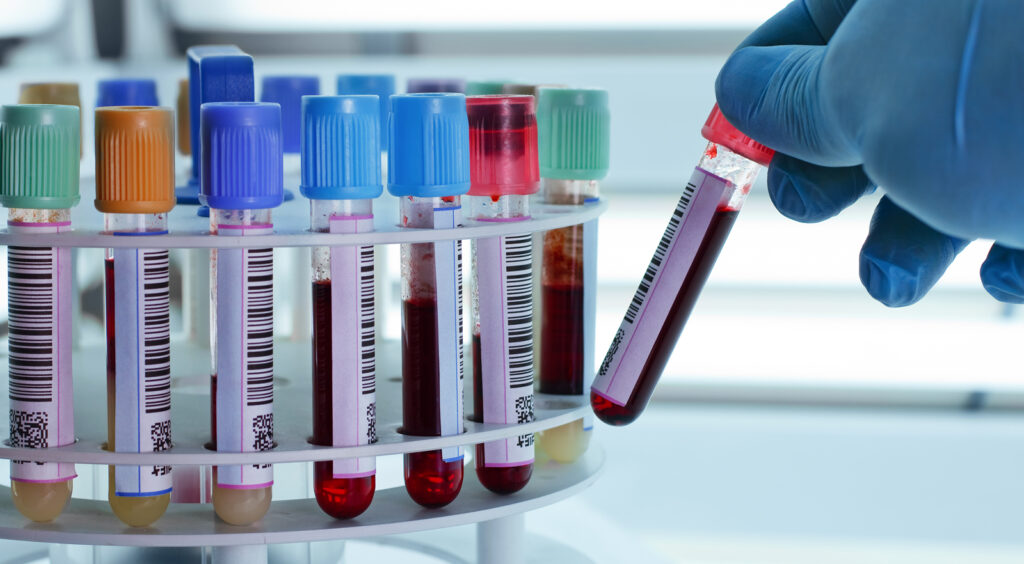Introduction
Hey there! When was the last time you had a health checkup? We all know that taking care of our health is crucial, but it becomes even more challenging for those living in remote areas. Today, we’ll dive into the essential topic of why regular health checkups are so important in remote regions. So, let’s get started!
Challenges in Remote Healthcare
Imagine living miles away from the nearest healthcare facility. In remote areas, access to proper medical care is a persistent challenge. Limited healthcare infrastructure, lack of medical resources, and difficult geographical terrain make it hard for people to receive timely healthcare services. But fear not, because there is hope!
The Role of Regular Health Checkups
Regular health checkups act as a beacon of hope in remote regions. These checkups can identify potential health issues at an early stage, allowing for timely intervention and treatment. Preventive care and disease management become more accessible, enabling individuals to lead healthier lives.
Empowering Communities through Education
Knowledge is power, and it can be a game-changer for remote communities. By raising awareness about health and hygiene practices, we can empower people to take charge of their well-being. Simple self-care practices can go a long way in preventing illnesses and promoting better health.
Mobile Clinics and Telemedicine
Here comes the tech-savvy solution! Mobile clinics and telemedicine bring healthcare right to the doorsteps of remote communities. With the help of modern technology, medical professionals can reach out to distant areas, providing consultations and advice from afar.
Collaboration with Non-Profit Organizations
The power of teamwork! Non-profit organizations play a vital role in supporting remote healthcare initiatives. By collaborating with local communities and stakeholders, NGOs can establish sustainable healthcare projects, improving overall healthcare access.
Government Initiatives and Policies
The government’s role is pivotal in driving change. Implementing healthcare policies targeted at remote areas is essential to ensure proper allocation of funds and resources. Outreach programs can bridge the gap and bring essential healthcare services to the remotest corners.
Addressing Cultural and Language Barriers
Cultural sensitivity matters! To deliver effective healthcare, understanding local beliefs and practices is crucial. By adopting suitable communication strategies, healthcare professionals can build trust and provide better care.
Overcoming Financial Constraints
Healthcare shouldn’t break the bank! Affordable healthcare options, microinsurance, and community funding can ease the financial burden for individuals in remote areas. With collective efforts, communities can pool resources for essential healthcare needs.
Importance of Data Collection and Analysis
Data is the backbone of progress. By tracking health trends in remote areas, healthcare providers can make informed decisions and tailor interventions to specific needs. Research and innovation will drive the future of remote healthcare.
Promoting Preventive Measures
Prevention is better than cure! Vaccination campaigns, regular screenings, and health assessments can prevent illnesses before they become severe. Creating a culture of proactive healthcare will lead to healthier communities.
Building a Healthcare Support Network
Community empowerment is the key! Training local healthcare providers, encouraging medical volunteers, and establishing partnerships create a robust support network. This support system ensures better healthcare accessibility in remote regions.
Success Stories and Case Studies
Stories that warm the heart! Let’s explore inspiring examples of improved health outcomes in remote areas. Community-driven initiatives and successful interventions will motivate us to keep striving for better healthcare for all.
Challenges Ahead and Future Outlook
Despite progress, challenges persist. We’ll take a look at what lies ahead for remote healthcare and the opportunities for improvement. By acknowledging these challenges, we can work towards a healthier future.
Conclusion
Congratulations! You’ve now gained valuable insights into the significance of regular health checkups in remote areas. Remember, your health is your wealth, regardless of where you live. Empowering remote communities with access to healthcare will lead to healthier and happier lives for all.
FAQs (Frequently Asked Questions)
1. How often should I get a health checkup in a remote area?
Regular health checkups are recommended at least once a year for individuals living in remote regions. However, the frequency may vary based on individual health conditions and age.
2. Are mobile clinics as effective as regular healthcare facilities?
Mobile clinics are designed to bring healthcare services to remote areas, making them highly effective in improving accessibility. While they may have some limitations, they play a crucial role in providing timely medical assistance.
3. Can telemedicine replace in-person consultations entirely?
Telemedicine offers convenient access to healthcare, but it cannot entirely replace in-person consultations. In some cases, physical examinations and tests may be necessary, requiring visits to healthcare facilities.
4. How can I contribute to improving healthcare in remote areas?
There are several ways to contribute, such as supporting NGOs working in remote healthcare, volunteering your medical expertise, and participating in healthcare outreach programs. Additionally, spreading awareness about the challenges faced by remote communities and advocating for better healthcare policies can make a significant difference.
5. What are some common health issues faced by people in remote areas?
People in remote regions often face health issues related to limited access to clean water, malnutrition, infectious diseases, and lack of prenatal care. Regular health checkups can help identify and address these concerns.
6. How can community involvement improve healthcare outcomes?
Community involvement is vital for sustainable healthcare solutions. When local communities actively participate in healthcare initiatives, they become stakeholders in their own well-being, leading to better health outcomes and long-term improvements.
7. Are there any innovative healthcare solutions for remote areas?
Yes, several innovative approaches have been implemented to improve healthcare in remote regions. Some examples include using drones to deliver medical supplies, using mobile apps for health tracking, and deploying mobile clinics equipped with advanced medical technology.
8. How can we overcome the language barrier in healthcare delivery?
Overcoming the language barrier requires employing bilingual or multilingual healthcare professionals, using interpretation services, and training healthcare providers in cultural competency. Effective communication can foster trust and better understanding.
9. What role can technology play in remote healthcare?
Technology has a significant role to play in remote healthcare. It can facilitate telemedicine, help in data collection and analysis, improve medical record-keeping, and enable remote monitoring of patients’ health conditions.
10. Are there any success stories of improved healthcare in remote areas?
Absolutely! Many success stories showcase how the implementation of regular health checkups and healthcare initiatives has led to improved health outcomes in remote regions. These stories are a testament to the positive impact of collective efforts.
Remember, access to healthcare is a fundamental right for every individual, regardless of their geographical location. By recognizing the importance of regular health checkups in remote areas and taking collective action, we can make a significant difference in the lives of millions. So, let’s join hands and strive for healthier and happier communities all around the globe!

